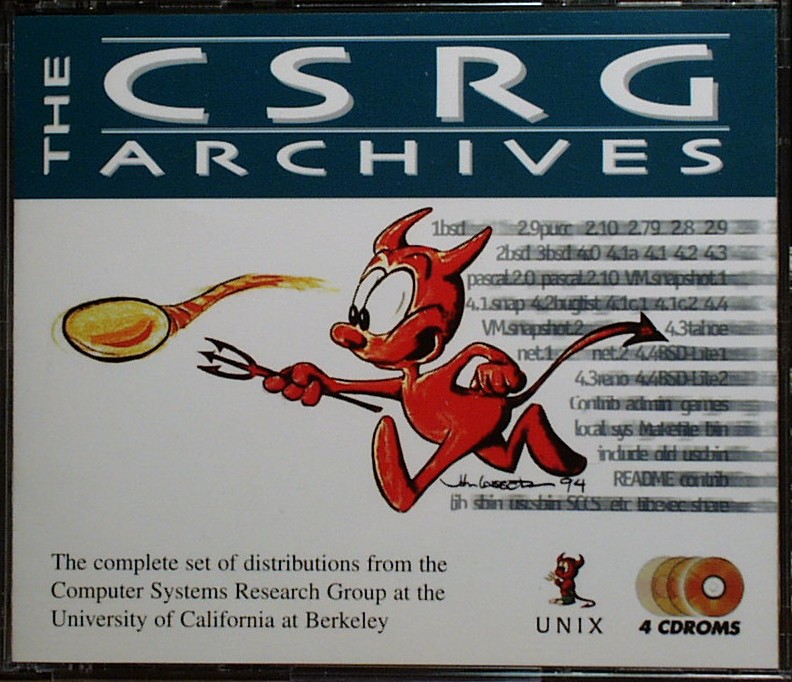The government of the Republic of South Africa has published (( on the RSA Open Source Software in Government website )) the latest version (4.1) of its Minimum Interoperability Standards (MIOS) for Information Systems in Government, which now includes ODF as their document format:
The main thrust of the framework (in line with international best practice), is the adoption of a structured approach with regard to information systems. To achieve this approach, and to ensure the enhancement of interoperability across Government, a minimum set of standards are included in this document as a required Government-wide standard. To this end, this updated version of MIOS contains an explicit definition of Open Standards as well as the inclusion of the ISO (International Standards Organisation) Open Document Format.
It also says that they will consider open source software favourably for their IT systems:
In developing open information systems, open source based solutions are to be considered before proprietary ones
This is expanded upon in their new Policy on Free and Open Source Software use for South African Government, which codifies it as:
1) The South African Government will implement FOSS unless proprietary software is demonstrated to be significantly superior. Whenever the advantages of FOSS and proprietary software are comparable FOSS will be implemented when choosing a software solution for a new project. Whenever FOSS is not implemented, then reasons must be provided in order to justify the implementation of proprietary software.
2) The South African Government will migrate current proprietary software to FOSS whenever comparable software exists.
3) All new software developed for or by the South African Government will be based on open standards, adherent to FOSS principles, and licensed using a FOSS license where possible.
4) The South African Government will ensure all Government content and content developed using Government resources is made Open Content, unless analysis on specific content shows that proprietary licensing or confidentiality is substantially beneficial.
5) The South African Government will encourage the use of Open Content and Open Standards within South Africa.
They are also being reassuringly pragmatic about it, rather than dogmatic, as the justification says:
This is not to say that FOSS/OC solutions are currently available or appropriate in every situation or for every user, a reality accommodated in the revised policy.
So, all in all, quite a positive outcome!
